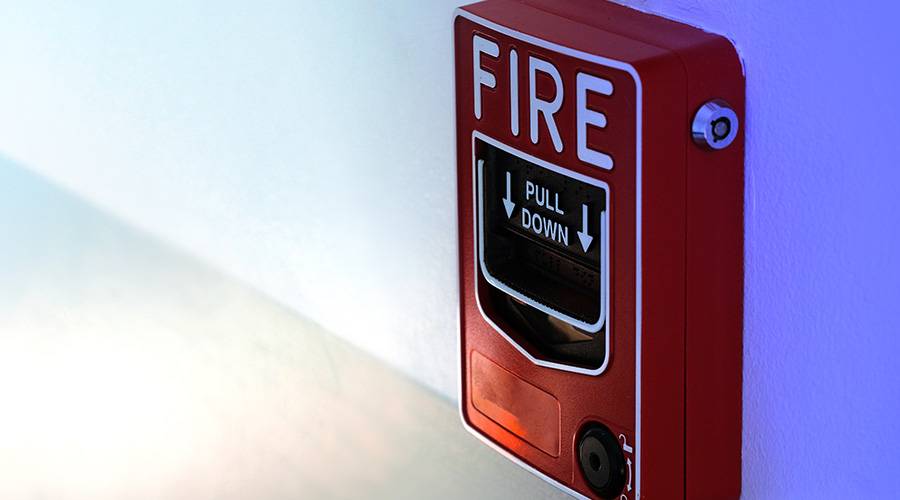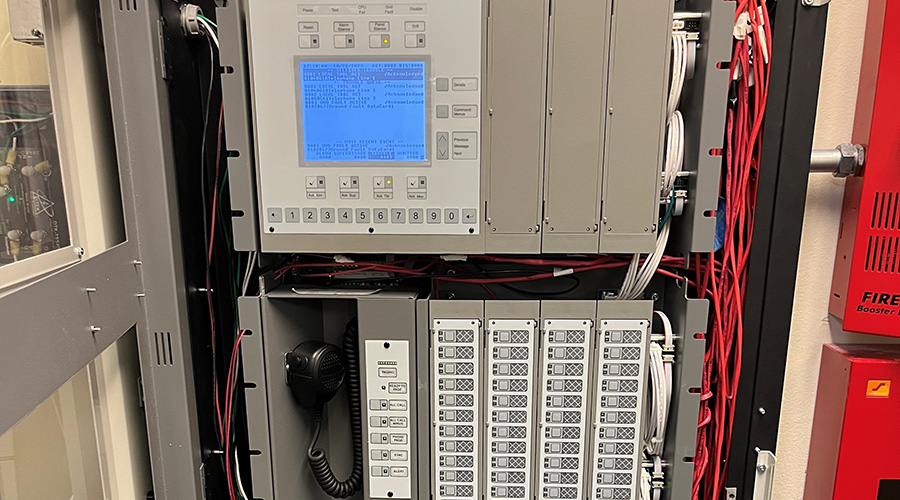Replacements For Halon Fire Extinguishing Agents
Special hazard fire-extinguishing agents are used to effectively extinguish fires in special hazards that cannot be adequately protected by fire sprinkler systems. These extinguishing agents are also utilized where the application of water may cause excessive collateral damage or an interruption of critical operations.
At one time, carbon dioxide and Halon were the common types of gaseous extinguishing agents specified to protect special hazards from fire. Because Halon was identified to be a stratospheric ozone-depleting substance, its production was discontinued. Conversely, although carbon dioxide is still widely used today, it can affect human safety when used in enclosed spaces. As such, carbon dioxide is not used in enclosures that are normally occupied.
After the production of Halon was discontinued, the fire protection engineering community developed more than a dozen replacement extinguishing agents. These agents are effective in extinguishing fires, don't cause collateral damage, are safe to humans, and do not damage the environment.
With all these different choices, it is important that careful consideration be given when specifying an extinguishing agent. Some of the important things to consider when selecting an agent include: hazard being protected, type of enclosure, life-cycle costs, potential environmental impact, location of agent storage, and safety to occupants.
Water mist is another technology that is currently being used as a replacement to Halon. Water mist systems use a very fine water spray to extinguish a fire. Because water mist systems require less water than a standard sprinkler system to adequately control a fire, water mist is effectively being used to protect areas normally protected by fire sprinklers that have water supply limitations or where system weight is a factor. For example, water mist systems have been used to protect a diverse array of hazards that include passenger ships, machinery spaces, museums and hotels.
Chris Jelenewicz, P.E., is engineering program manager for the Society of Fire Protection Engineers.
Related Topics:













